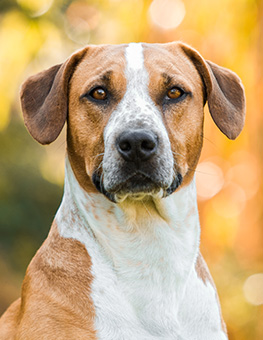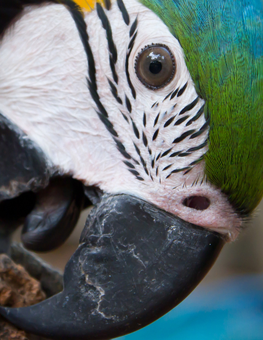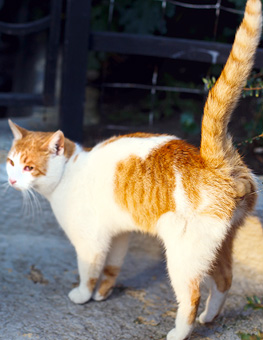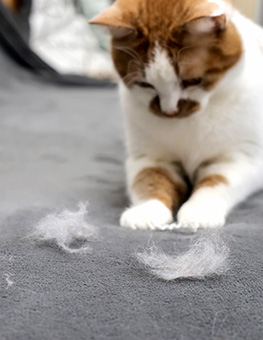Small Animal Grooming 101
Most small animals are clean and odor-free. If there is an odor problem in theses animals’ habitats, the fault likely lies with poor cage maintenance, not the fastidious pet inside.
Bathing
- There is no need to bathe most small animals. In fact, bathing can hurt them by stripping their coat and skin of protective oils.
- Chinchillas are one of the few that need your help with bathing, but all you need to do is supply her with bathing powder.
- Ferrets are the one small animal that has special grooming needs, outlined in the bottom section.
Dental and nail care
- Small animals maintain proper tooth length through everyday chewing, grinding and gnawing activity. The only help they need from you is to provide safe and fun things to chew on.
- Most small animals maintain their own nails. Once again, the ferret is the exception.
Grooming your ferret
Of all the small animals, the ferret requires the most grooming but even they are easy to keep. Ferrets require regular bathing and nail trimming — pay attention to his ears, teeth, nails and coat.
Warning: ferrets can often be uncooperative when it comes to receiving grooming help.
- Plan on a twice-monthly bathing by hand (rather than immersing your pet in water) using a ferret-specific or feline shampoo.
- Bathing too frequently will dry out his skin and cause irritation. A specially formulated conditioner after shampooing will help restore moisture to his coat and skin.
- Trim his nails on a regular basis, being careful not to cut too close to the base of the nail.
- Check his ears for wax build-up and mites. If you find wax, carefully remove it using a Q-tip soaked in baby oil (never a dry swab). If mites are present, check with your vet for the right treatment.
- Ferrets’ teeth are susceptible to tartar build-up. Use a feline or ferret toothpaste and monitor the gums for discoloration or bleeding.









